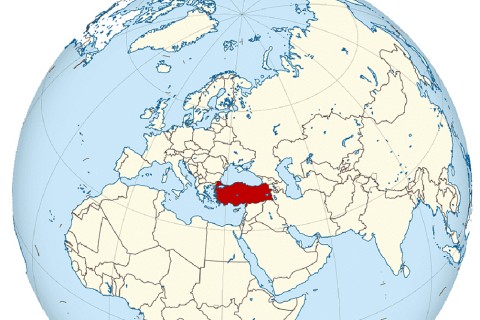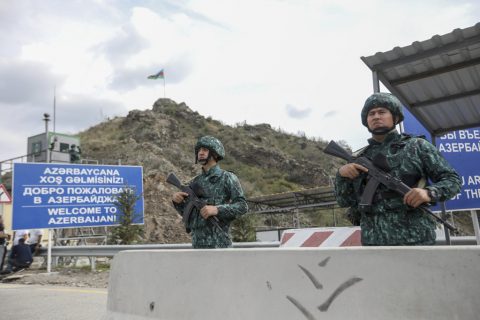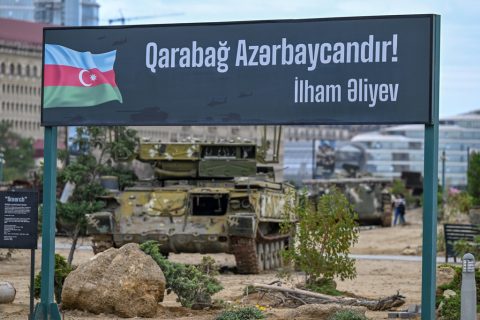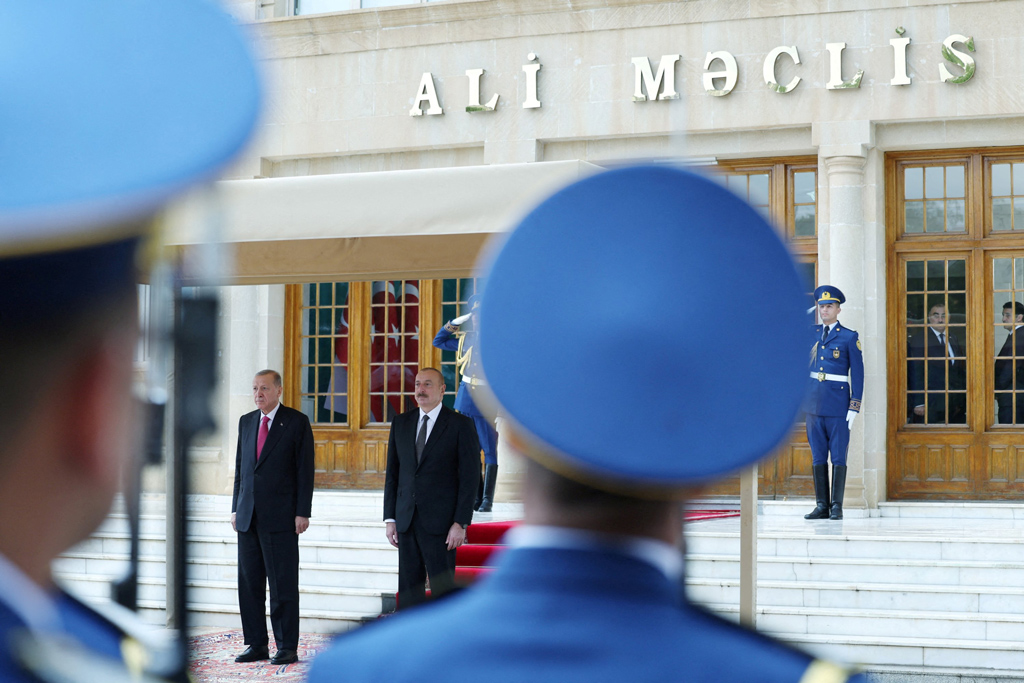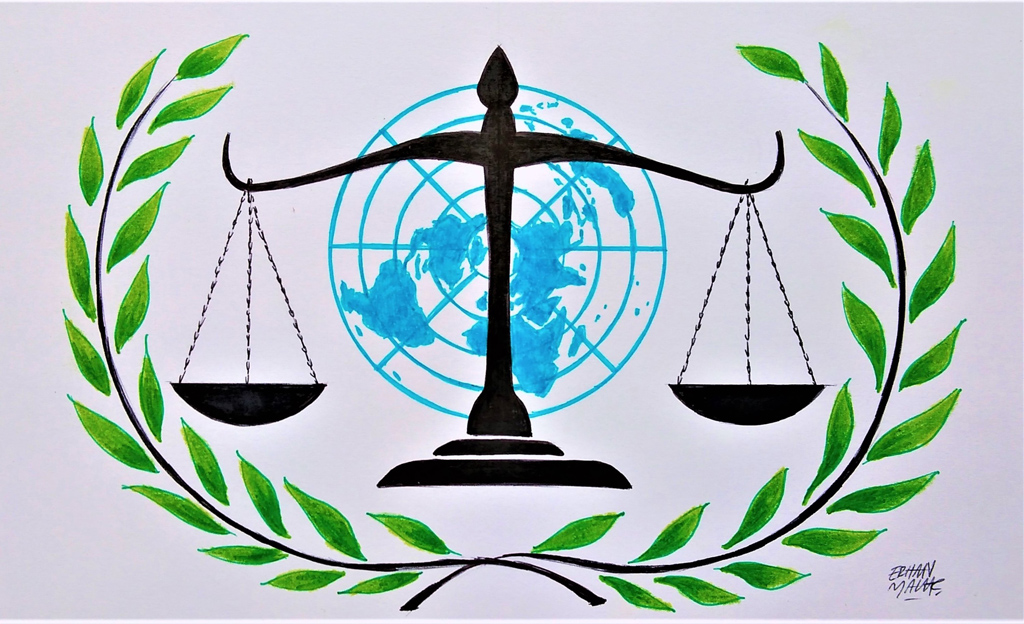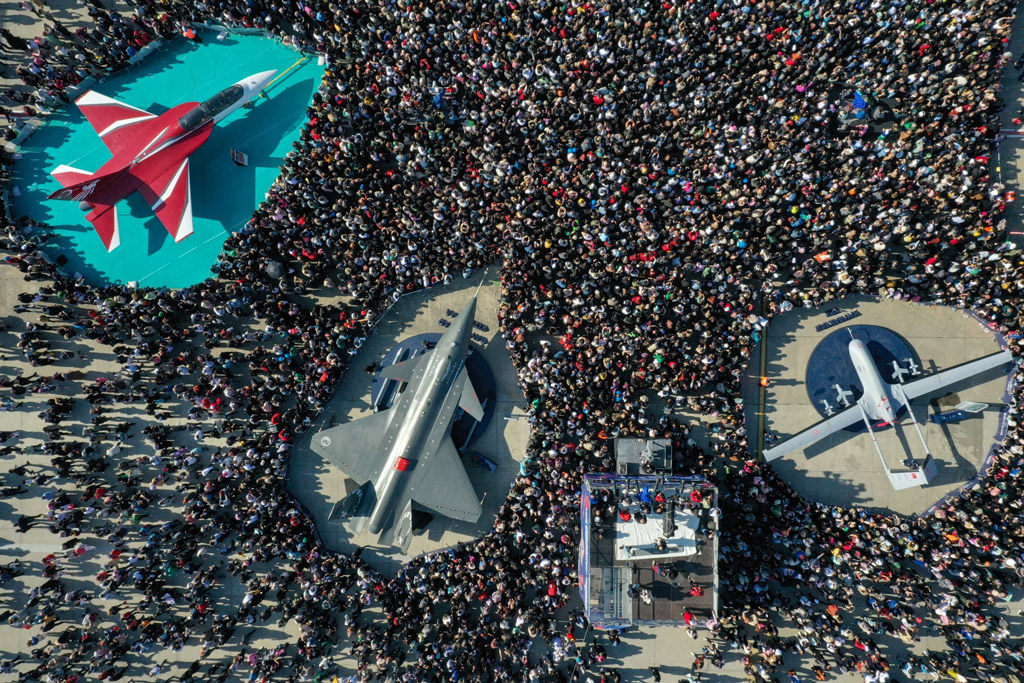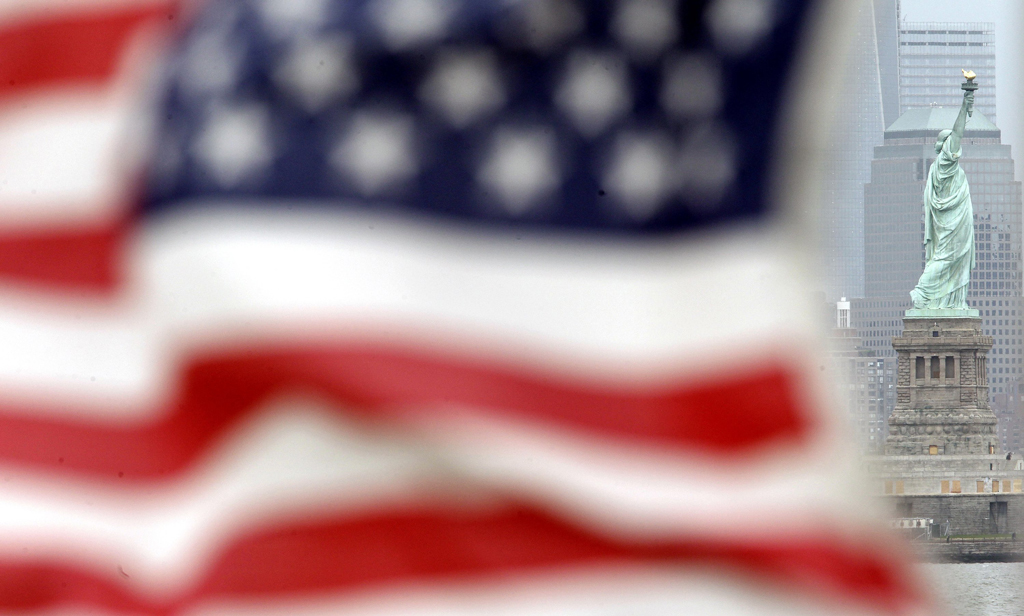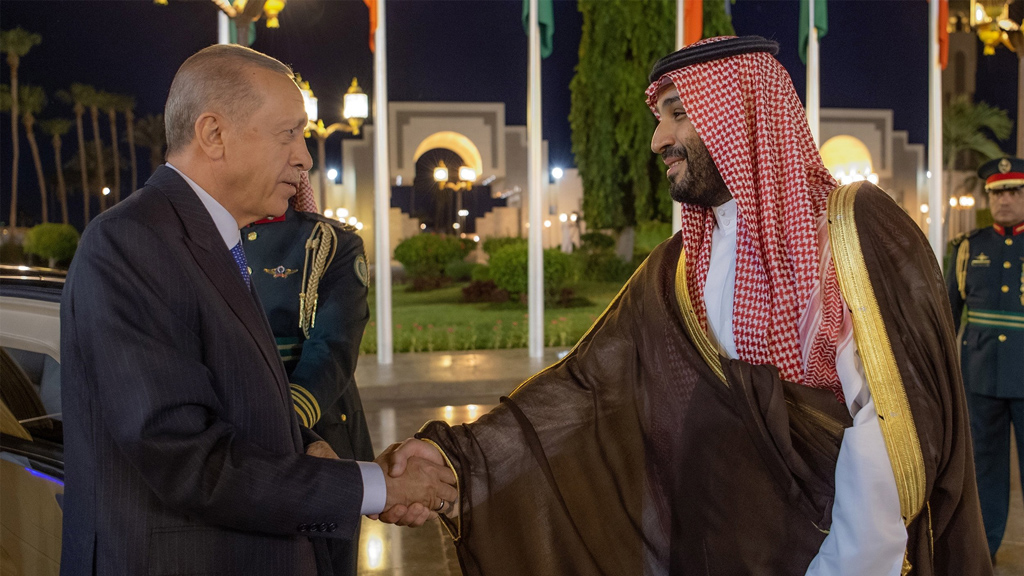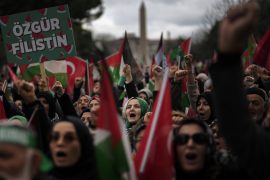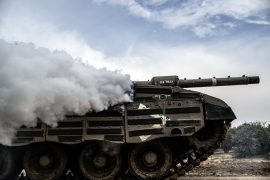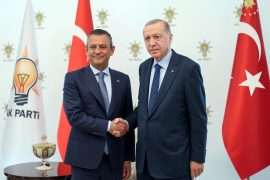Karabakh
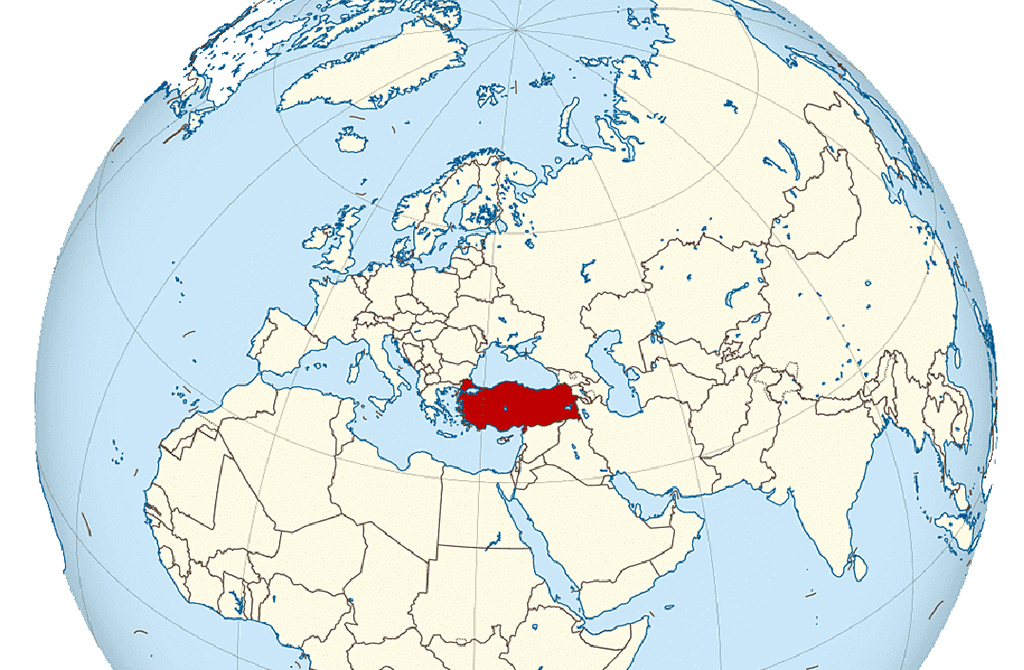
Türkiye’s growing geopolitical significance beyond geography
| OpinionMerely skimming over the world news, one quickly notices Türkiye’s growing geopolitical significance. Let me …
-
Opinion
Türkiye’s growing geopolitical significance beyond geography
By Burhanettin DuranMerely skimming over the world news, one quickly notices Türkiye’s growing geopolitical significance. Let me elaborate by highlighting four issues, excluding countless others – including migration, armed drones, the Altay tank and Türkiye’s rapprochement with Egypt. Türkiye will host the third international meeting toward the Ukraine peace summit. Ankara pledged to target all PKK terror groups and its Syrian presence YPG assets in Iraq and Syria. Azerbaijan refused to participate in EU-brokered talks with Armenia in Spain, citing Türkiye’s exclusion. Last but not least, the Abu Dhabi-based investment company ADQ is in talks with Türkiye regarding constructing a railroad over the Bosphorus as part of a trade corridor linking Europe with the Middle East and Asia. Obviously, Türkiye’s direct involvement in peace diplomacy, counterterrorism, the South Caucasus region’s stability and energy/logistics corridors does not just relate to its geographical location.
-
Opinion
The Western hypocrisy in Karabakh
By Muhittin AtamanAzerbaijan has successfully launched a large-scale military operation against the so-called self-declared Armenian state in Karabakh between Sept. 19 and 20. Thus, it has completed the process of what it achieved after the Second Karabagh War in November 2020. After meeting with the representatives of the local Armenians, the Armenians declared the dissolution of their so-called state. Thus, Azerbaijan has resolved the Karabagh issue. From now on, the Karabagh issue is an internal problem of the Azerbaijani state. The two sides will meet on Oct. 5 in Spain to negotiate the new conditions and possibly to sign a peace agreement.
-
Opinion
The post-Karabakh geopolitical landscape in the Caucasus
By Murat YeşiltaşThe 44-day war between Azerbaijan and Armenia in 2020, which concluded with Baku’s victory, triggered a significant shift in the post-Cold War geopolitical landscape of the Caucasus region. Azerbaijan’s successful effort to partially end the Armenian occupation of Karabakh had two major implications.
Bu Konuda Daha Fazla
-
Erdoğan’s visit to Nakchivan and Aliyev’s proud moment
President Recep Tayyip Erdoğan visited Nakhchivan, Azerbaijan, on Monday with an official delegation, which included me, to attend groundbreaking and opening ceremonies for a natural gas pipeline and a military complex. By the time of the delegation’s departure, the media reported that eight senior Armenian military officers had been arrested on the charge of plotting the assassination of Prime Minister Nikol Pashinyan.
-
Erdoğan’s diplomatic expertise left its mark on New York
By Burhanettin DuranI am in New York City, where the heart of diplomacy is beating, with President Recep Tayyip Erdoğan for the 78th Session of the United Nations General Assembly. This year’s general debate theme, which takes place after the BRICS (Brazil, Russia, India, China and South Africa) expansion and the G-20 summit in New Delhi, India, will be “rebuilding trust and reigniting global solidarity.”
-
Turkish defense industry reshaping Türkiye’s state identity
By Murat YeşiltaşIn his addresses on the occasion of the Aug. 30 Victory Day, President Recep Tayyip Erdoğan frequently underscored the imperative of bolstering Türkiye’s military prowess, emphasizing that this stance is not a mere option but a necessity. He avered: “Our bitter experiences have taught us that a robust Türkiye hinges on a strong military. Enhancing the deterrent capabilities of the Turkish Armed Forces (TSK) is not a choice; it’s a necessity for our nation.” While historically, the discourse “strong army, strong Türkiye” was largely employed within the context of Kemalist military narrative to establish the TSK’s supremacy over Turkish politics and reinforce its superior position over political matters, Erdoğan reinterprets it as a pivotal component of a more expansive political narrative.
-
West losing ground in the world
By Muhittin AtamanThe global rivalry among the global powers has begun to influence all regions in...
-
New chapter in Turkish-Gulf ties beyond normalization
By Burhanettin DuranPresident Recep Tayyip Erdoğan visited Jeddah, Saudi Arabia, on Monday as part of his tour of the Gulf states. Over the course of four days, he will visit Saudi Arabia, Qatar, the United Arab Emirates (UAE) and the Turkish Republic of Northern Cyprus (TRNC) with a focus on investments and commercial relations. However, it is possible to argue that Erdoğan’s trip goes beyond strictly economic relations and marks the beginning of a new chapter in Türkiye’s relations with the Gulf.
